
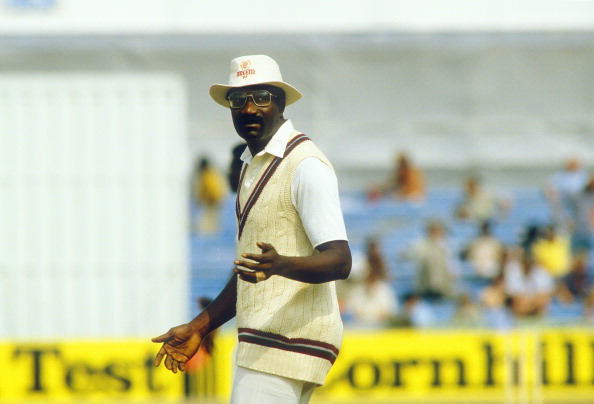
Throughout the history of Test cricket, several captains have etched their names into the record books by leading their nations with distinction and leaving a mark through their leadership styles and on-field brilliance. These individuals guided their teams to remarkable heights, earning admiration during their playing days. But, over time their contributions as captains have faded from the memory of fans.
Here let us look at five Test captains whose leadership and achievements deserve to be remembered.
5 Test captains that fans may have forgotten
1. Clive Lloyd
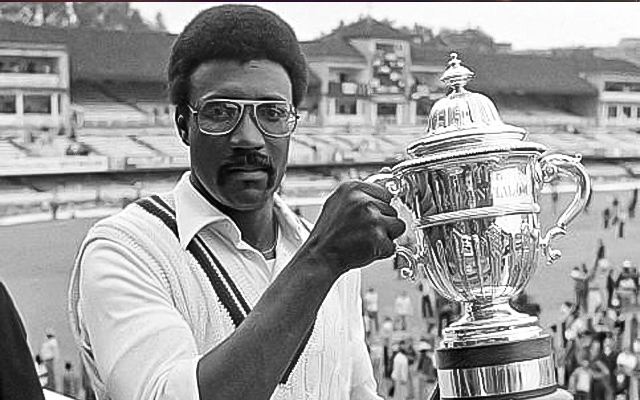
West Indies legend Clive Lloyd was not just a powerful batter but also one of the most dominant captains in Test cricket history. Under his leadership, the West Indies reached the pinnacle of world cricket while maintaining their supremacy for nearly two decades. Lloyd’s first stint as captain on tour came during the 1974–75 tour of India, where he registered his authority with a career-best unbeaten 242 in the fifth Test at Mumbai.
His tenure was marked by a string of remarkable achievements, including a record of 26 consecutive Tests without defeat and 11 successive victories. He scored over 5,000 runs in 111 innings at an average of 51.30 during his leadership tenure. Despite these numbers and an era-defining influence on the West Indies team, Lloyd’s contributions as a captain have slowly faded from people’s memory.
2. Allan Border
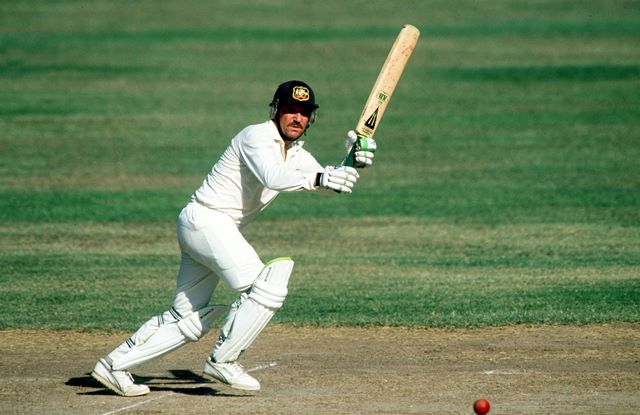
Allan Border took charge of the Australian team in 1984–85, a period marked by instability among the Aussies. His leadership laid the groundwork for a new era of dominance. Under his captaincy, Australia clinched their first-ever World Cup title in 1987 and reclaimed the Ashes in 1989.
Border’s contributions were just as impressive, where he scored 6,623 runs in 154 innings as captain at an average of 50.94. Despite these achievements, Border’s role as the architect of Australia’s revival is often overlooked by fans today. His commitment helped turn a struggling team into a formidable force.
3. Mansur Ali Khan Pataudi
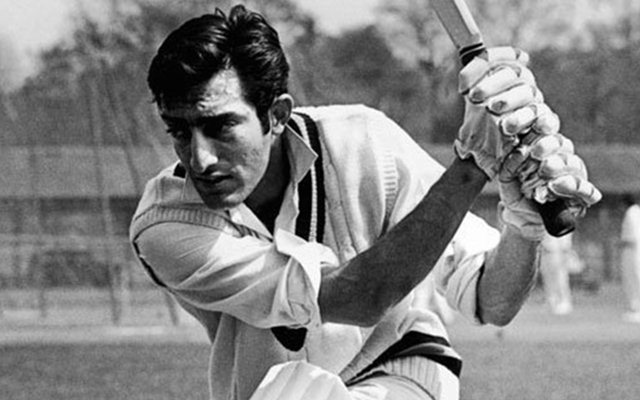
Mansur Ali Khan Pataudi took charge of the Indian Test team at the age of 21. Despite being young, Pataudi brought courage and a fresh vision to Indian cricket. He captained in 40 of the 46 Tests he played, securing nine victories. While that tally may seem average by today’s standards, his influence extended far. Pataudi’s leadership was instrumental in giving self-belief to the Indian team by proving they could win not just at home, but overseas. His defining moment came in 1967, when he led India to their first-ever overseas Test match victory by triumphing over New Zealand.
The modern generations may not speak of him as highly because the statistics are not great but his legacy lies in how he redefined India’s cricketing identity. He transformed a team that played with hesitation into one that believed in its potential.
4. Ajit Wadekar
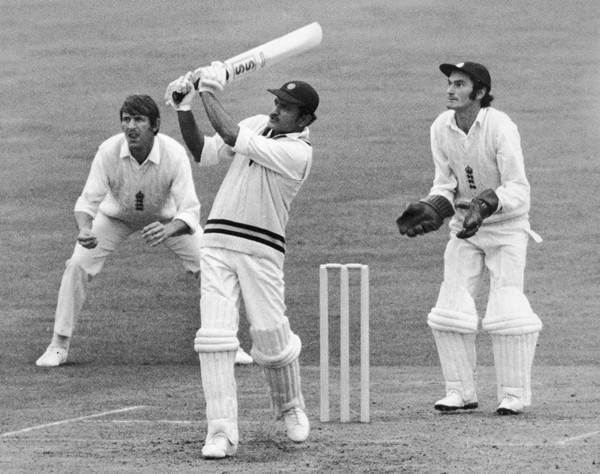
Ajit Wadekar’s appointment as India’s Test captain in 1971 marked the beginning of a new chapter in Indian cricket. The left-hander led India to two historic series victories that year by defeating giants West Indies and England on their own turf. These triumphs instilled belief in a team previously seen as underdogs. Under his leadership, India achieved three consecutive series wins against England.
His tenure was cut short due to team struggles and external pressures, leading to an abrupt retirement. The leadership helped lay the foundation for India’s future success overseas. Despite guiding India through one of its most transformative cricketing eras, Wadekar’s captaincy is often hidden in fan memory.
5. Shaun Pollock

In 2000, Shaun Pollock stepped into the captaincy role after the exit of Hansie Cronje. The all-rounder guided a troubled team through a transitional phase. His stint as captain lasted only three years, but the impact was significant. Despite setbacks, most notably a tough 3–0 series loss to Australia and a World Cup exit in 2003, Pollock remained a great leader for the Proteas.
He contributed across the board during his captaincy tenure, scoring 998 runs and claiming 103 wickets in Tests. His influence was less about numbers and more about stability during uncertain times. Today, his captaincy is often overshadowed by great successors and forgotten by fans, but Pollock played a crucial role in restoring South Africa’s cricketing reputation after a crisis.
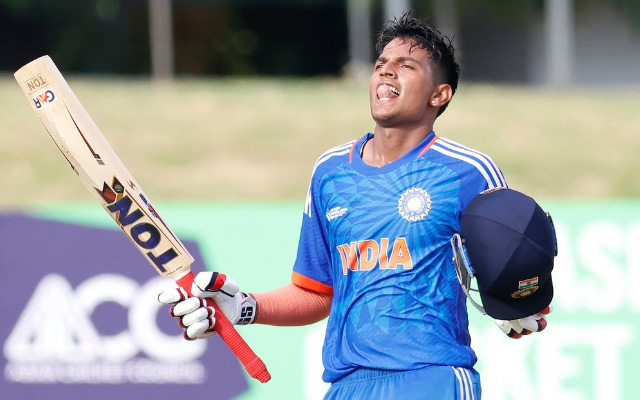 IPL 2026: ‘Yash Dhull is ticking all the boxes’ – Aakash Chopra backs youngster for league pick
IPL 2026: ‘Yash Dhull is ticking all the boxes’ – Aakash Chopra backs youngster for league pick Ashes 2025-26: ‘Some of England’s batting left scratching your head’ – Johnson questions English batters decision ahead of Adelaide Test
Ashes 2025-26: ‘Some of England’s batting left scratching your head’ – Johnson questions English batters decision ahead of Adelaide Test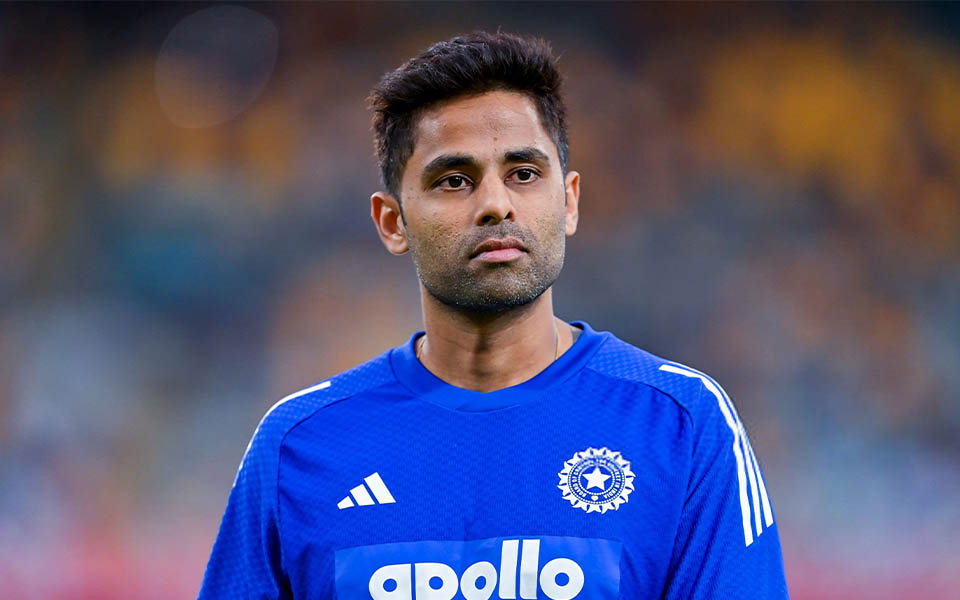 IND vs SA 2025: ‘Suryakumar needs a stable position’ – Bangar provides clarity on his international struggles
IND vs SA 2025: ‘Suryakumar needs a stable position’ – Bangar provides clarity on his international struggles [WATCH] Virat Kohli’s India return fuels buzz around possible Lionel Messi meet
[WATCH] Virat Kohli’s India return fuels buzz around possible Lionel Messi meet

